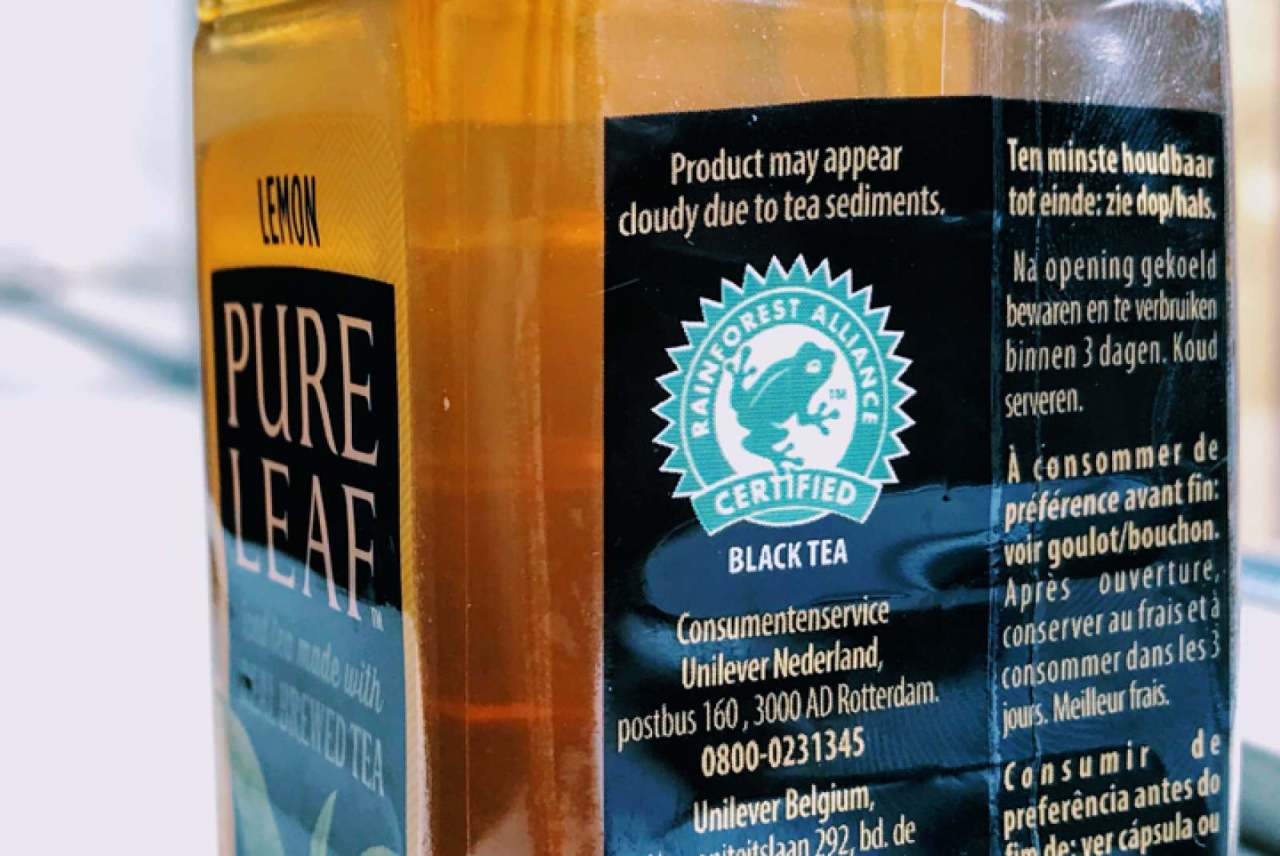Rainforest Alliance and UTZ are some of the most well-known and trusted certification schemes for both the environment and workers’ rights. They are being urged not to water down their principles following their recent merger in an open letter written by Ethical Consumer and The Ecologist and signed by fourteen environmental and workers’ rights organisations in the UK.
Oxfam, Greenpeace, War on Want and Rainforest Foundation UK are among the signatories.
The merger between Rainforest Alliance and UTZ in January 2018 was one of biggest shifts in the landscape of certification for a decade. Their two logos grace the packets of everything from McDonald’s to Nespresso. Last year, products certified by Rainforest Alliance alone saw sales worth £2.377 billion.
Certified brands must buy a certain proportion of ingredients from farmers that comply with the certifications’ environmental and workers’ rights criteria. Over the coming months, they will be writing their new criteria together. This could represent a fantastic opportunity to build on the strengths of two extremely influential organisations. Or it could result in a race-to-the-bottom approach, adopting the lowest criteria where their existing standards don’t coincide.
To date, Rainforest Alliance has had much stronger environmental criteria, whereas UTZ has focused on workers’ rights. Ethical Consumer is concerned that these strengths will be lost in the new scheme and that the easiest-to-obtain criteria will be adopted going forward.
The open letter outlines key criteria where one organisation has shown greater strength and which it asks the joint organisation to maintain. For example, it calls on the organisations to uphold UTZ’s requirement that all employees have the right to unionise and bargain collectively (include smallholder employees); and Rainforest Alliance’s much stricter policies on the prior destruction of forest or High Conservation Value areas.
Rainforest Alliance has faced criticism for allowing products to sport its logo even where just 30% of one ingredient is from certified sources. The open letter urges the organisations not to adopt this extraordinarily low threshold in the new standard.
Rainforest Alliance and UTZ have already obtained the trust and recognition of consumers — a trust that may be misplaced should such requirements be dropped.





